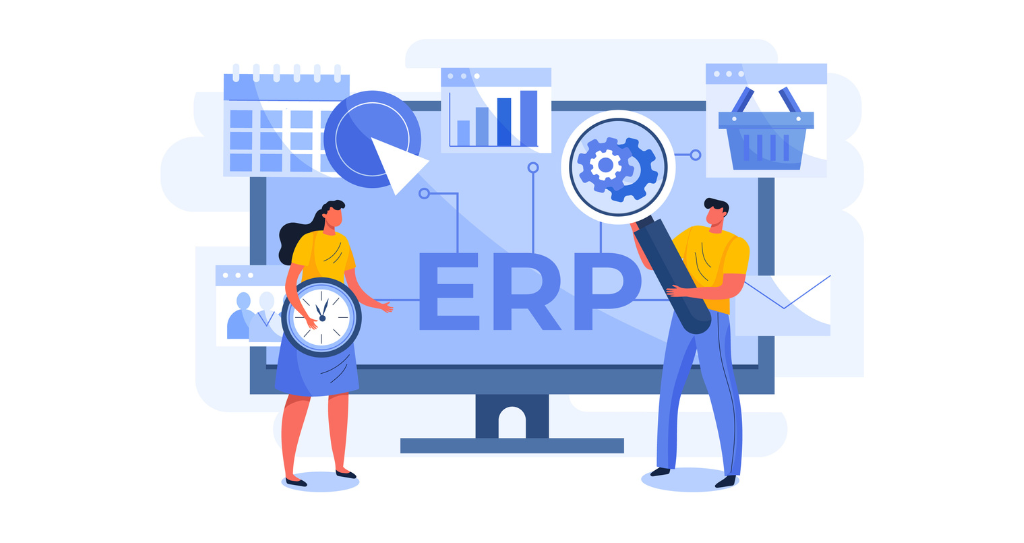Enterprise Resource Planning (ERP) System
What is ERP Systems?
Enterprise Resource Planning (ERP) software is a comprehensive solution that integrates various business processes and functions into a single system, providing organizations with a centralized platform to manage and streamline their operations.

Here are some common Uses and Examples Of ERP software
-
Inventory Management:
- Tracking and managing inventory levels across multiple locations.
- Optimizing inventory turnover and reducing stockouts or overstock situations.
- Examples: SAP ERP, Oracle NetSuite, Microsoft Dynamics 365 for Finance and Operations.
-
Production Planning and Management:
- Planning and scheduling production activities to meet demand and optimize resources.
- Managing work orders, bills of materials (BOMs), and routing operations.
- Examples: Epicor ERP, Infor CloudSuite Industrial (SyteLine), Plex Systems ERP.
-
Supply Chain Management:
- Streamlining procurement processes and managing supplier relationships.
- Tracking shipments, managing logistics, and optimizing distribution networks.
- Examples: SAP Integrated Business Planning (IBP), Oracle Supply Chain Management (SCM), JDA Software (now Blue Yonder).
-
Financial Management:
- Integrating financial processes such as accounting, budgeting, and financial reporting.
- Automating financial transactions, reconciliation, and compliance.
- Examples: Sage Intacct, Workday Financial Management, Acumatica Cloud ERP.
-
Human Resources Management:
- Managing employee information, payroll, benefits administration, and performance evaluations.
- Automating HR processes such as recruiting, onboarding, and training.
- Examples: Workday Human Capital Management (HCM), Oracle HCM Cloud, ADP Workforce Now.
-
Customer Relationship Management (CRM):
- Tracking customer interactions, managing sales leads, and analyzing customer data.
- Improving customer service and support processes.
- Examples: Salesforce CRM, Microsoft Dynamics 365 Customer Engagement, Zoho CRM.
-
Project Management:
- Planning, scheduling, and tracking projects from initiation to completion.
- Allocating resources, managing budgets, and monitoring project progress.
- Examples: Oracle Project Portfolio Management (PPM), SAP S/4HANA Project Systems, ProjectManager.com.
-
Analytics and Reporting:
- Providing insights into business performance through data analysis and reporting.
- Generating customizable dashboards, KPIs, and financial statements.
- Examples: Tableau, QlikView, SAP Analytics Cloud.